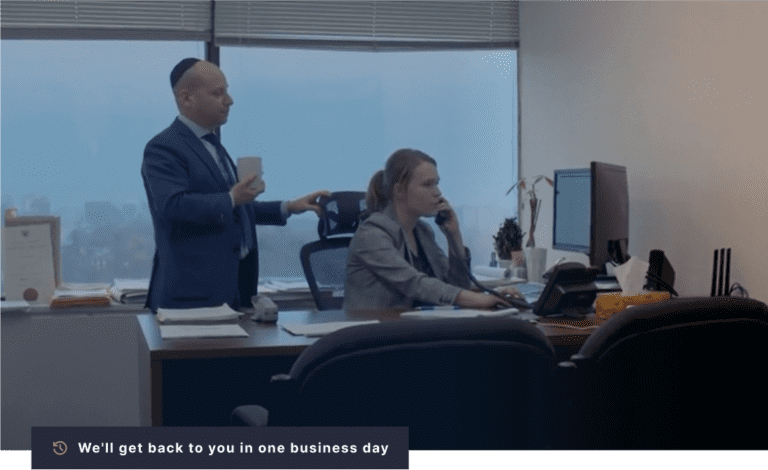Lorem Ipsum
45 Sheppard Ave E Suite 100, Toronto, ON M2N 5W9, Canada
2 St. Clair Avenue West, 18th Floor, Toronto, Ontario M4V 1L5
10933 Jane St, Maple, ON L6A 1S1, Canada
2 County Ct Blvd Suite 400, Brampton, ON L6W 3W8
21 King Street West, 5th Floor, Hamilton, Ontario L8P 4W7
Lorem Ipsum
10933 Jane St, Maple, ON L6A 1S1, Canada
2 County Ct Blvd Suite 400, Brampton, ON L6W 3W8
21 King Street West, 5th Floor, Hamilton, Ontario L8P 4W7
45 Sheppard Ave E Suite 100, Toronto, ON M2N 5W9, Canada
2 St. Clair Avenue West, 18th Floor, Toronto, Ontario M4V 1L5










